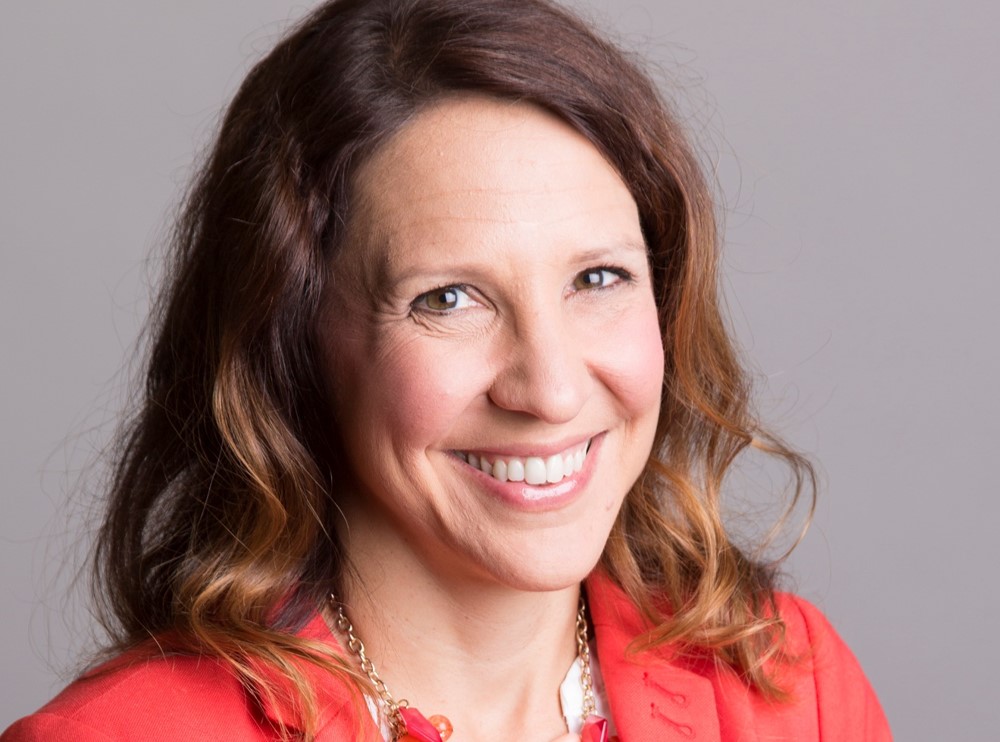Dear Colleague:
Over the past few months, we have been reflecting on the deep-seated economic and racial inequalities in higher education and the ways in which the global pandemic is exacerbating these disparities. These circumstances have prompted us to initiate ongoing conversations—with our colleagues, our partners, and ourselves—that reflect on the most pressing problems facing higher education. As one of the most difficult academic semesters in memory begins, we are focusing our efforts on projects that help institutions, faculty, and researchers navigate the impact of COVID-19 and address systemic inequities in higher education. Much more action is needed, and we welcome your thoughts and feedback on additional areas where we could make an impact.
Sincerely,

Catharine Bond Hill
Managing Director, Ithaka S+R
Improving the articulation of credit transfer for CUNY students
Forty-three percent of course credits fail to transfer between institutions when students transition from a two-year to a four-year institution, representing a significant financial setback and delaying students’ time to degree. Black and Hispanic students and lower-income students are the most likely to face obstacles in their transfer journey to a bachelor’s degree. Thanks to a new grant from the Heckscher Foundation for Children, Ithaka S+R will continue to build on an ongoing effort to address structural barriers in the transfer process. This initiative has already made concrete improvements to streamline the credit transfer process for CUNY students in the Bronx, providing better information and faster service to students transferring between colleges while ensuring that more credits count toward their degrees.
Expanding virtual access to cultural heritage for online teaching
As the COVID-19 pandemic continues to reshape teaching across higher education, instructors seeking to use cultural heritage materials or collections in their online teaching face unique challenges. The pandemic has cast a stark light on existing inequities instructors face when trying to teach with this content. Ithaka S+R, with support from The Andrew W. Mellon Foundation, will partner with seven institutions to explore strategies to ease challenges in teaching with digital cultural heritage collections.
Strengthening digital preservation
How can we ensure the long-term preservation of our cultural, historical, and scientific heritage when many of the tools used for preservation face their own challenges when it comes to sustainability? With support from the Institute of Museum and Library Services (IMLS), Ithaka S+R is undertaking a project that will increase our understanding of business sustainability principles for digital preservation and curation systems, as well as design strategies to help the sector implement changes to improve durability, accessibility, and inclusivity.
Reopening US higher education with a focus on equity
Over the summer, we tracked college and university fall opening plans to understand what provisions they are putting in place for the health and safety of their faculty, staff, and students. Given the disproportionate impact that both the global pandemic and our national reckoning with systemic racism continue to have on staff and students from underrepresented communities, we paid particular attention to how (or whether) institutions are addressing equity considerations. Looking at plans across 95 colleges and universities, we have identified examples of effective responses and highlighted notable gaps.

Three questions for Melissa Sturm-Smith
Last March, we launched COVID-19 surveys so that colleges and universities could gather critical–and actionable–information on the needs of their students and faculty. Drake University was an early adopter of the student survey, and Associate Provost of Academic Excellence and Student Success Melissa Sturm-Smith recently spoke with us about the challenges Drake students faced in light of the pandemic and the steps the university has taken to meet their needs. Ithaka S+R has prepared new versions of these surveys for the fall semester, and the instruments are available for review on our website.
1. Can you tell us about some of the challenges you faced as a leader at Drake University during the spring semester?
Our campus is primarily residential, so there was little existing infrastructure for remote teaching and student support services. We had to move quickly, building delivery systems for key services like tutoring and advising, reviewing current policies to adapt to the circumstances and best support students, and creating new channels to communicate with students about all the changes.
The move to remote teaching happened right before midterm grade submission and registration for the following term, two key intervention times. Students were not as responsive to outreach in the remote environment, and as a result we experienced a greater level of uncertainty about achieving our enrollment and retention goals. We also wrestled with how to support our students’ connection to the Drake community, knowing that retention and persistence is affected by a complex set of variables beyond academic performance.
Read the rest of the interview on our blog.
In the News
August 7, 2020
Transfer Access to the Liberal Arts
Loni Bordoloi Pazich and Meagan Wilson, Inside Higher Ed
June 25, 2020
Students Seek More Advising, Transfer Help and Tutoring
Matthew Dembicki, Community College Daily
June 25, 2020
What Does it Mean to Support Vulnerable Students During the Pandemic?
Beckie Supiano, The Chronicle of Higher Education
June 18, 2020
College Programs in Prisons Go Remote
Lilah Burke, Inside Higher Ed
June 16, 2020
Rich Kids Are Eating Up the Financial Aid Pot
Martin Kurzweil and Josh Wyner, The New York Times
April 21, 2020
Higher Education and the Public Good
Catharine Bond Hill, Inside Higher Ed
April 17, 2020
Libraries Brace for Budget Cuts
Lindsay McKenzie, Inside Higher Ed
April 16, 2020
Ithaka Library Directors Survey Reflects a Different Time—and Offers Clues for What May Lie Ahead
Lisa Peet, Library Journal